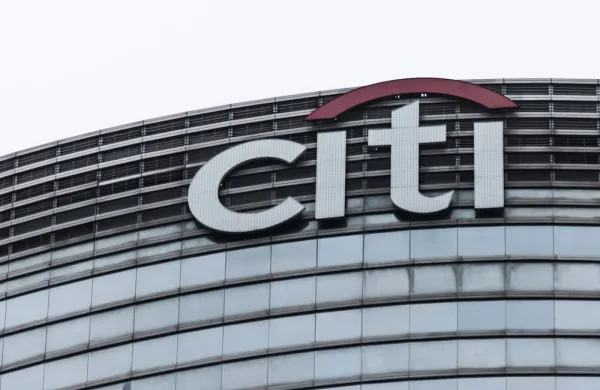An outdoor lunch meeting felt like a major event recently for venture capitalist and former endowment chief Carrie Thome, even though, as she joked, their only exposure was eye contact.
Months in the pandemic, institutional asset management remains in effective lockdown.
Consultants — perhaps the top road warriors of all — were banned from work travel by company edict as of mid-July, a sampling told Institutional Investor recently in a private poll. Two-thirds of pension funds, endowments, foundations, and other allocators’ offices remained totally closed. Even among those allowing some staff in, all but a handful had strict capacity restrictions in place.
A few executives — those with keys and young families at home — have guilty confessed to sneaking into their officially shuttered offices, just to get some work done in the peace and quiet. “No one else is here… I had to get away from my kids,” one pension chief told II. “Plus my desk has multiple monitors set up, which really helps productivity.”
But nearly 90 percent of the 57 respondents couldn’t visit anyway: organizations banned work travel.September was the most popular projected date for office reopening, allocators and a few consultants told II. “I don’t know” got the plurality of votes as to when travel would be permitted again.
“I miss flying,” said Thome, whose firm NVNG Investment Advisors is raising and investing its first venture capital fund out of Madison, Wisconsin. “I do some of my best thinking on a plane.”
[II Deep Dive: Investors Loved to Whine About Conferences. Now, They’re Pining.]
Many investors at pension funds and nonprofits have described wanting to take advantage of market dislocations and invest opportunistically. But the same forces that are creating those openings prevent investors from on-the-ground due diligence that’s nearly universal before handing someone, say, $50 million to bail out broke housing developers.
The solution has been existing relationships. Investors won’t hand that money to someone they’ve never met, but most already have a little black book (or $50 billion portfolio) of trusted asset managers. Thome has seen this first hand.
“Relying on personal relationships has been so valuable,” she said. Prior to founding NVNG, Thome for years led the Wisconsin Alumni Research Foundation, and was a popular and well-known chief investment officer in the allocator community.
“The resiliency and ability of people to adapt is just amazing,” she went on. “I reached out to someone recently to talk about our firm, and they said, ‘Absolutely. I assumed you’re talking a video meeting.’ The comfort level just seems to be up. Initially we held off on our outreach because it was an unprecedented time. But now that it’s settled in, people are saying, ‘That’s how we do business now.’”






